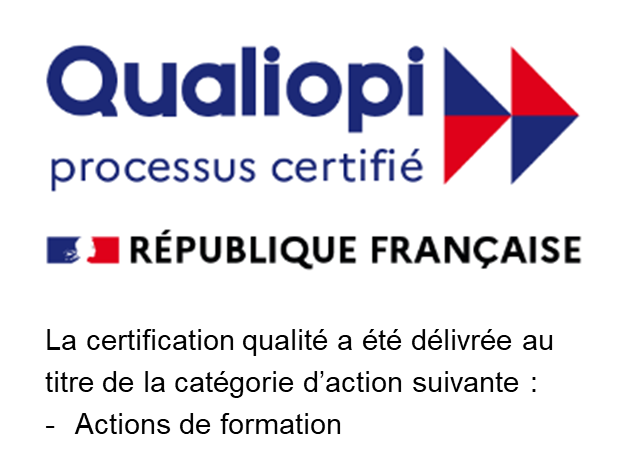I studied as an engineer and did a masters and PhD in Engineering in Telecommunication. I had a successful career in the tech industry, gaining experience as a head of research and development at Alcatel-Lucent [now Nokia] and then became the head of a business unit. After several years I decided to make a change and worked for an American company first as Vice President Worldwide Engineering and later on as Vice President & General Manager of the Systems Business Unit. During this time I managed people from 22 nations and became fascinated with understanding how people “tick”. Prior to this role, I had underestimated intercultural differences and started to see firsthand the challenges people experienced when they went abroad and had to learn how to work across cultures.
I decided to start freelancing as an executive coach and intercultural trainer and quickly met NetExpat’s President, Alain Verstandig. I began working as an Intercultural and Career Consultant in Germany for NetExpat in addition to my own business and found it very interesting. In 2010 I was offered a role to head business development for NetExpat in Germany. I decided to accept the challenge, but it was a major change from my previous experience. At my very first global mobility conference I did not know many people but I saw it as a positive challenge and began to develop new client relationships relatively quickly and started to grow a vast network. I now help run one of the leading mobility and talent conferences in Europe – International Mobility and Talent Management Conference (IMT) in Hanover – on an annual basis and it is one of my greatest passions.

















